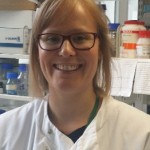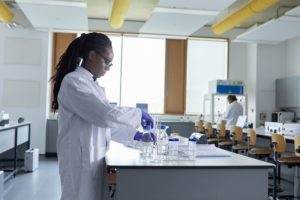Associate Professor in Human Genetics & Genomics
Faculty of Arts, Science and Technology
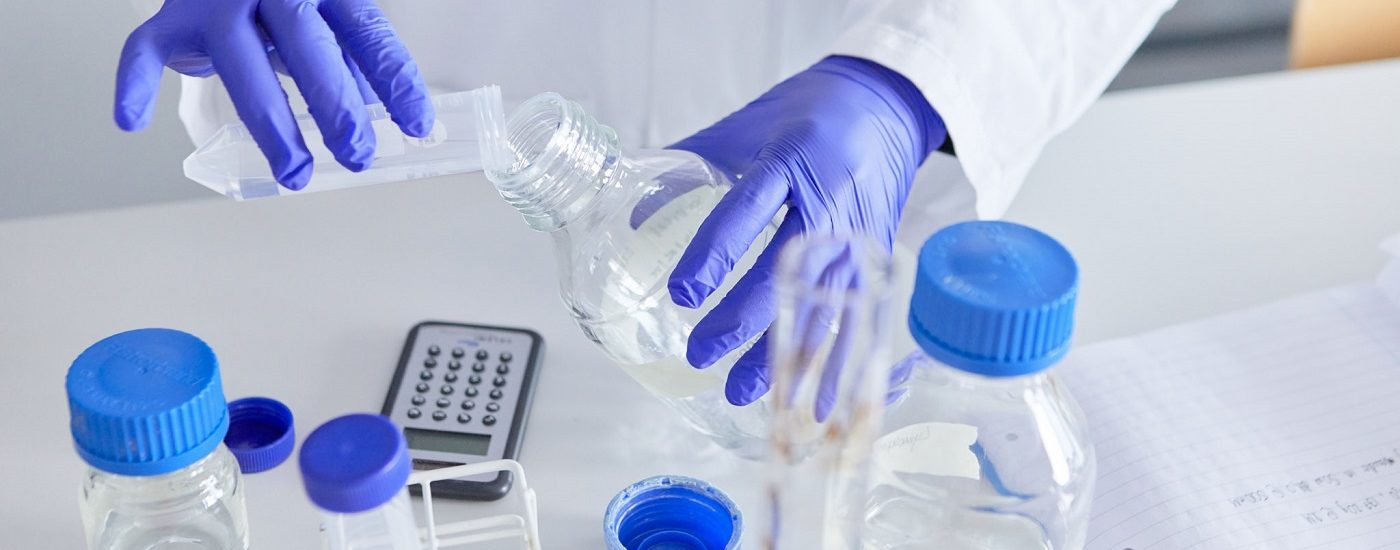
Biomedical Science BSc (Hons)
- Home
- Courses by subject
- Biomedical Science BSc (Hons)
Key Facts
-
UCAS Code
BSc: C910
BSc with Foundation: C911 -
Level
UndergraduateUG BSc (Hons)
-
Duration
Full Time: 3 years
Full Time Foundation: 4 years
Part Time: 4 - 6 years -
Starting
September
-
BCC at A Level or,
DMM at BTEC -
Full Time: £9,250
Part Time: £1,540 per 20 credit module
Integrated Foundation Year: £9,250 -
Full Time: £15,200
Integrated Foundation Year: £15,200 -
Waterside
Updated 11/10/2024
Get in touch
For questions regarding study and admissions please contact us:
UK/EU STUDENTS ENQUIRIES
study@northampton.ac.uk
0300 303 2772
INTERNATIONAL STUDENTS ENQUIRIES
Biomedical Science is at the forefront of our modern healthcare system working in partnership with medical practitioners and health care professionals, to perform many different roles in the NHS, as well as in academia and the biotechnology and pharmaceutical sectors. As a biomedical science graduate you are likely to be involved in the diagnosis of disease, supporting the work of clinical departments, and developing and evaluating the next generation of treatments that could improve patient outcomes. A biomedical science degree also provides the foundation for graduate entry programmes, including medicine, dentistry or the more recently established Physician Associate (PA) programme for clinical practice within the NHS.
The University of Northampton’s BSc Biomedical Science programme has been accredited by the Royal Society of Biology following an independent and rigorous assessment. Accredited degree programmes contain a solid academic foundation in biological knowledge and key skills, and prepare graduates to address the needs of employers.
This Biomedical Science degree programme is accredited by the Institute of Biomedical Science (IBMS).
Highlights
- BSc Biomedical Science is accredited by The Royal Society of Biology
- Institute of Biomedical Science (IBMS) accredited
- Dedicated state-of-the-art laboratories and specialist facilities: view our Labs tour
- Optional placement year
- Strong links with Northampton General Hospital (pathology)
- Research active staff in areas including Cancer, infectious diseases and genetics
- Wide-ranging career options upon graduation, including graduate-entry medicine, master’s research and NHS roles such as physician associate or biomedical scientists
- International scholarships available.
- Guaranteed paid internship with the Northampton Employment Promise.
- HP Laptop and software included with this degree in biomedical science. Terms and Conditions apply
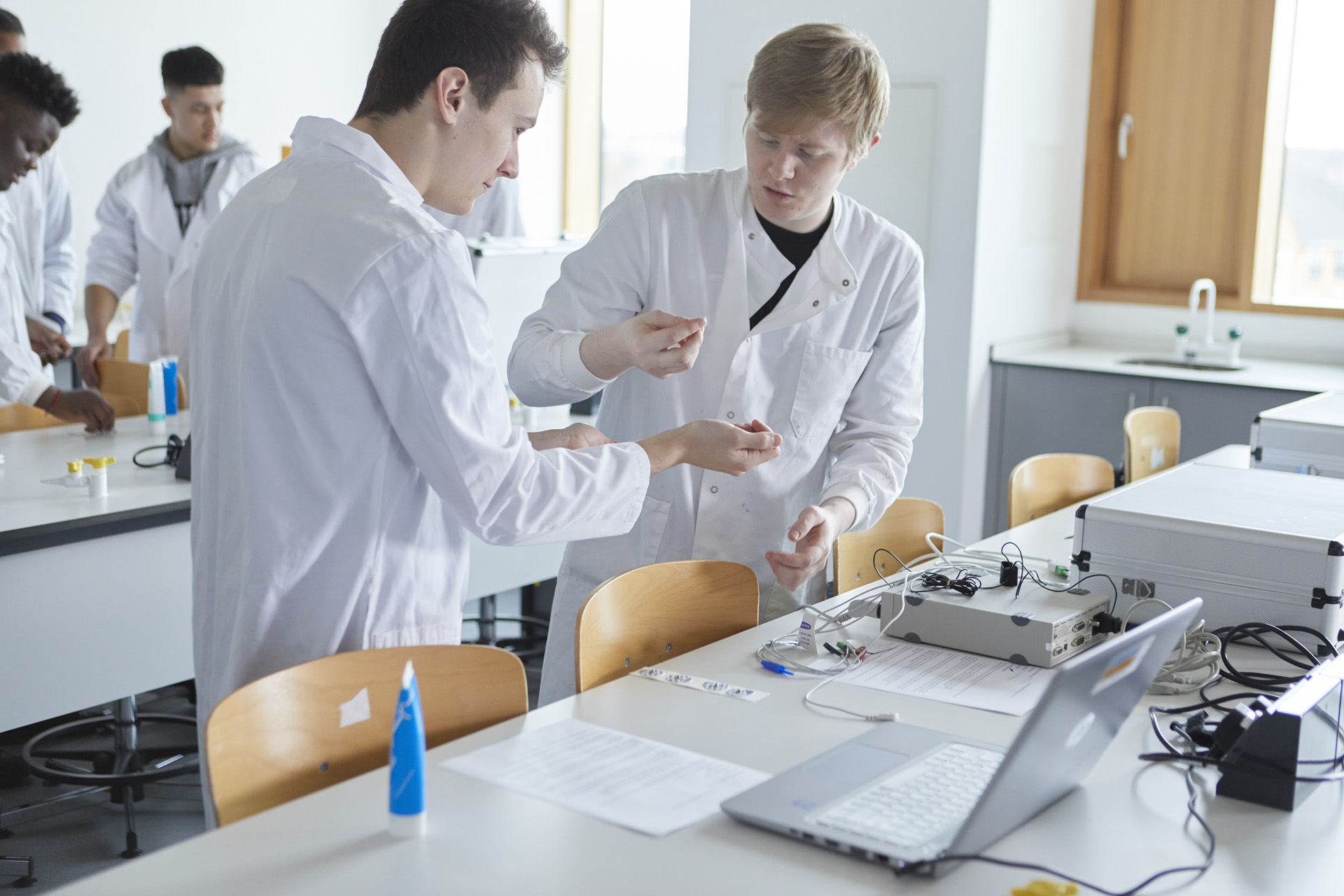
Two students undertaking an experiment in the Biomedical Sciences lab in the Creative Hub, during a seminar.
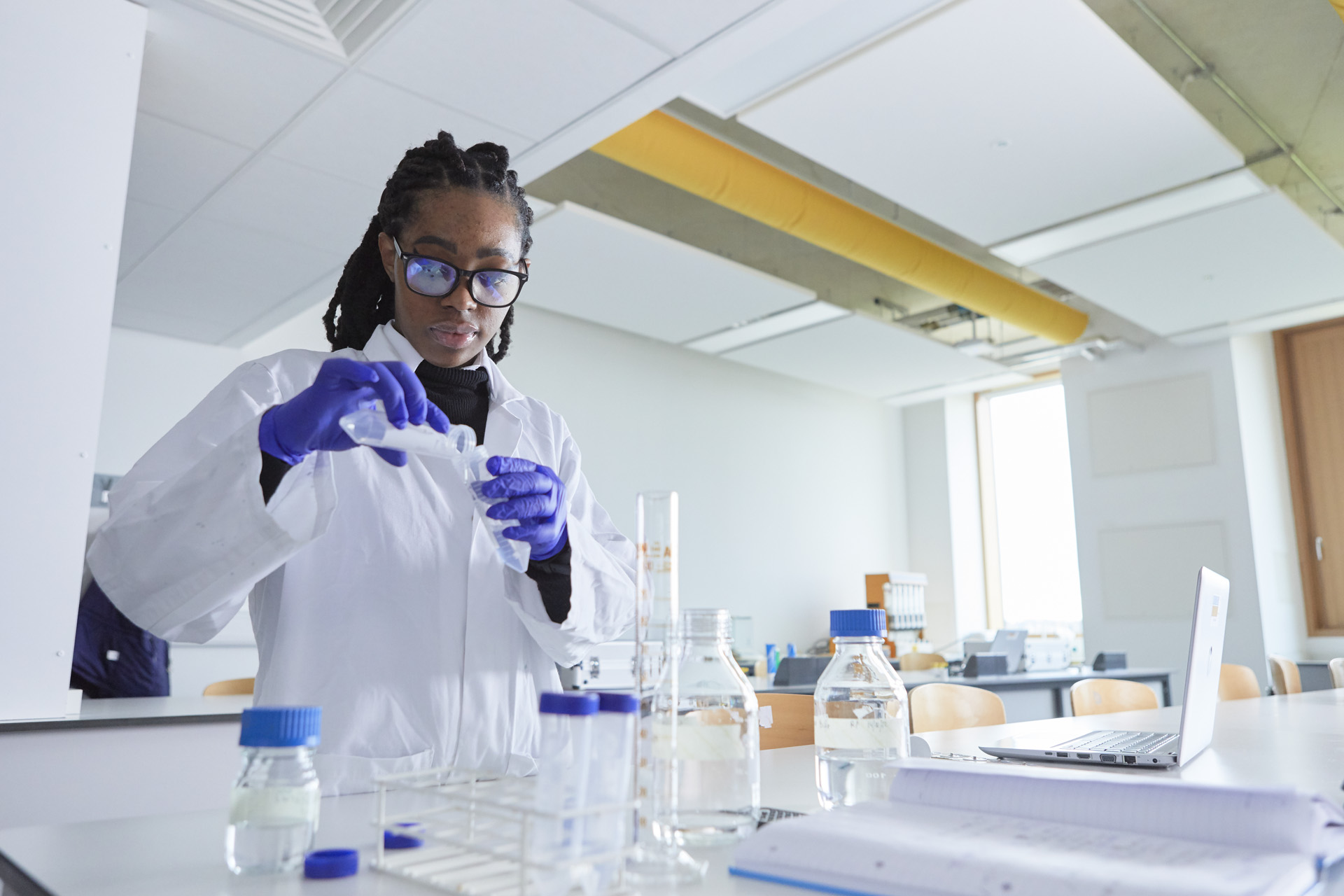
Student undertaking an experiment on a bench in the Biomedical Sciences lab, inside the Creative Hub.
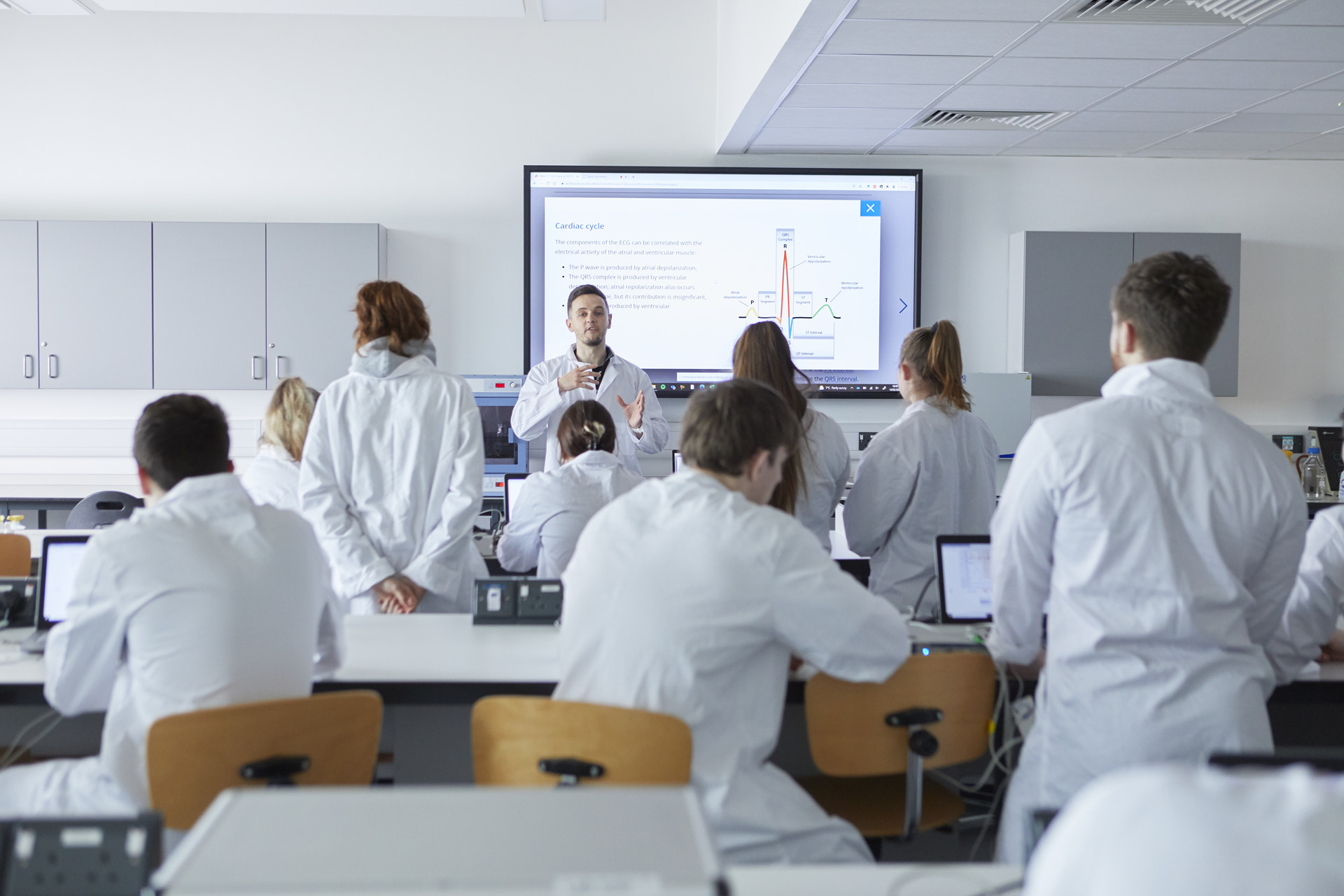
A science group seminar, where students are able to take part hands-on sessions.
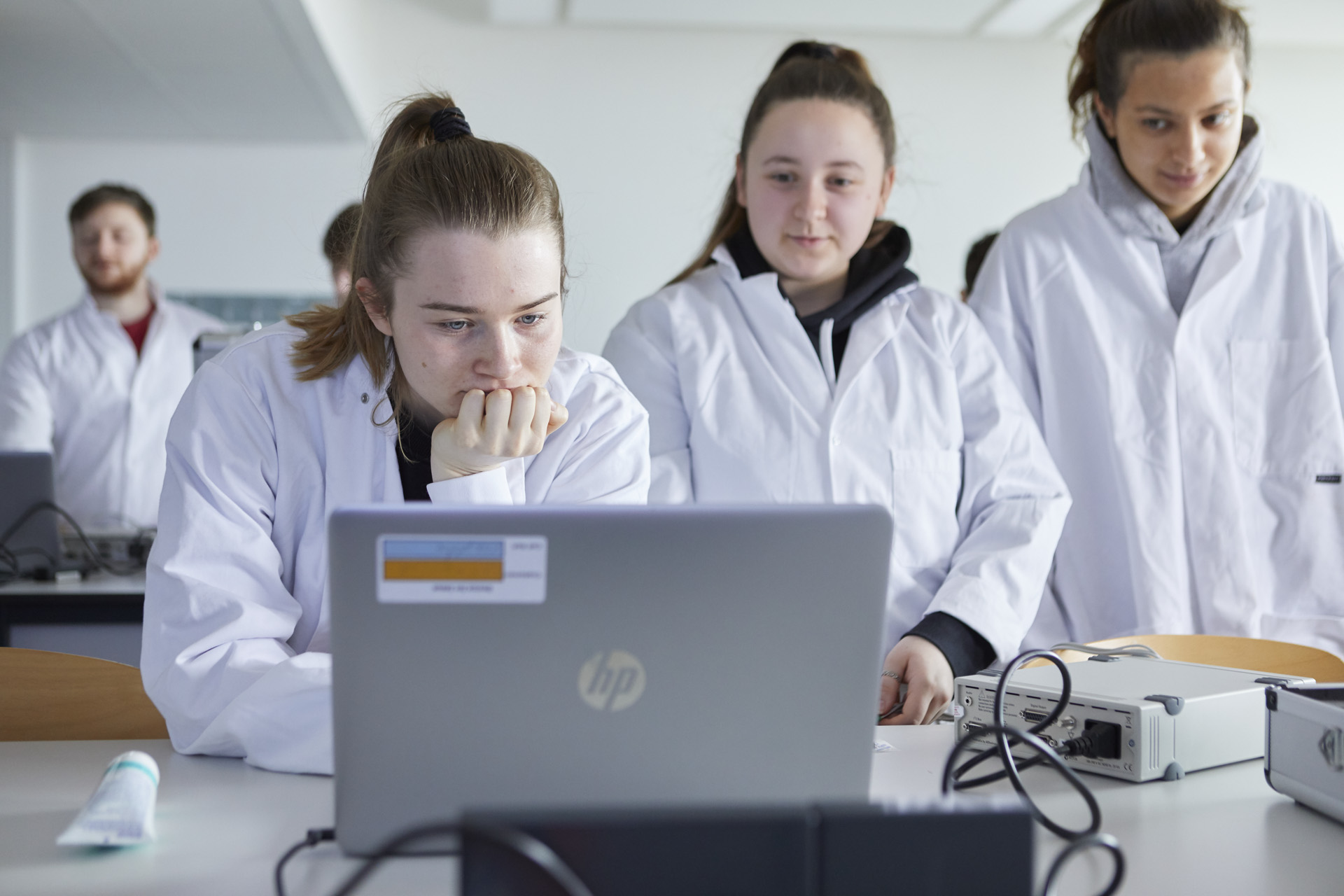
Three students at a bench in a Biomedical Sciences lab inside the Creative Hub, during a seminar.
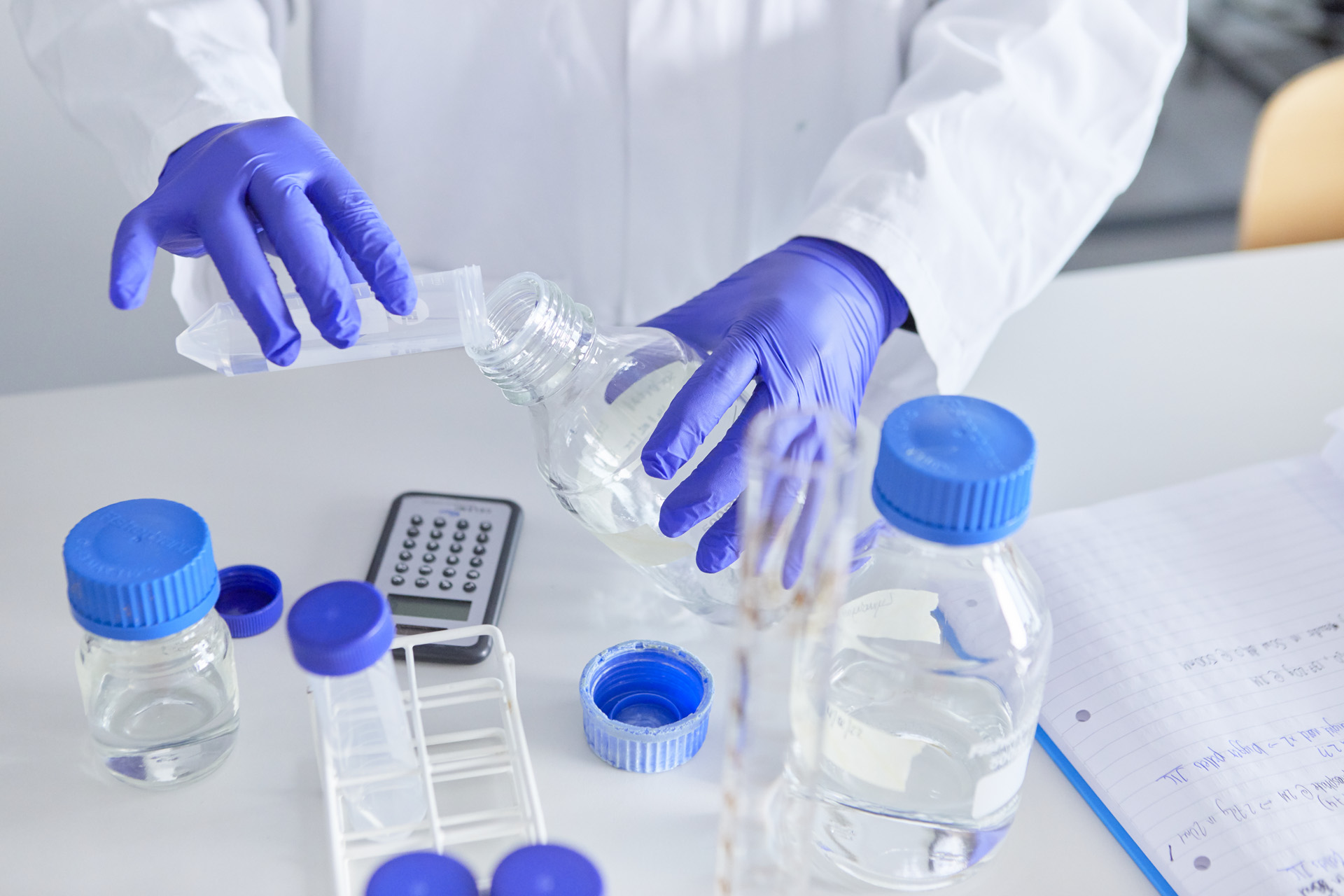
Example of the type of equipment students use within their science classes.

Students using equipment in science class in the Creative Hub Science Labs.
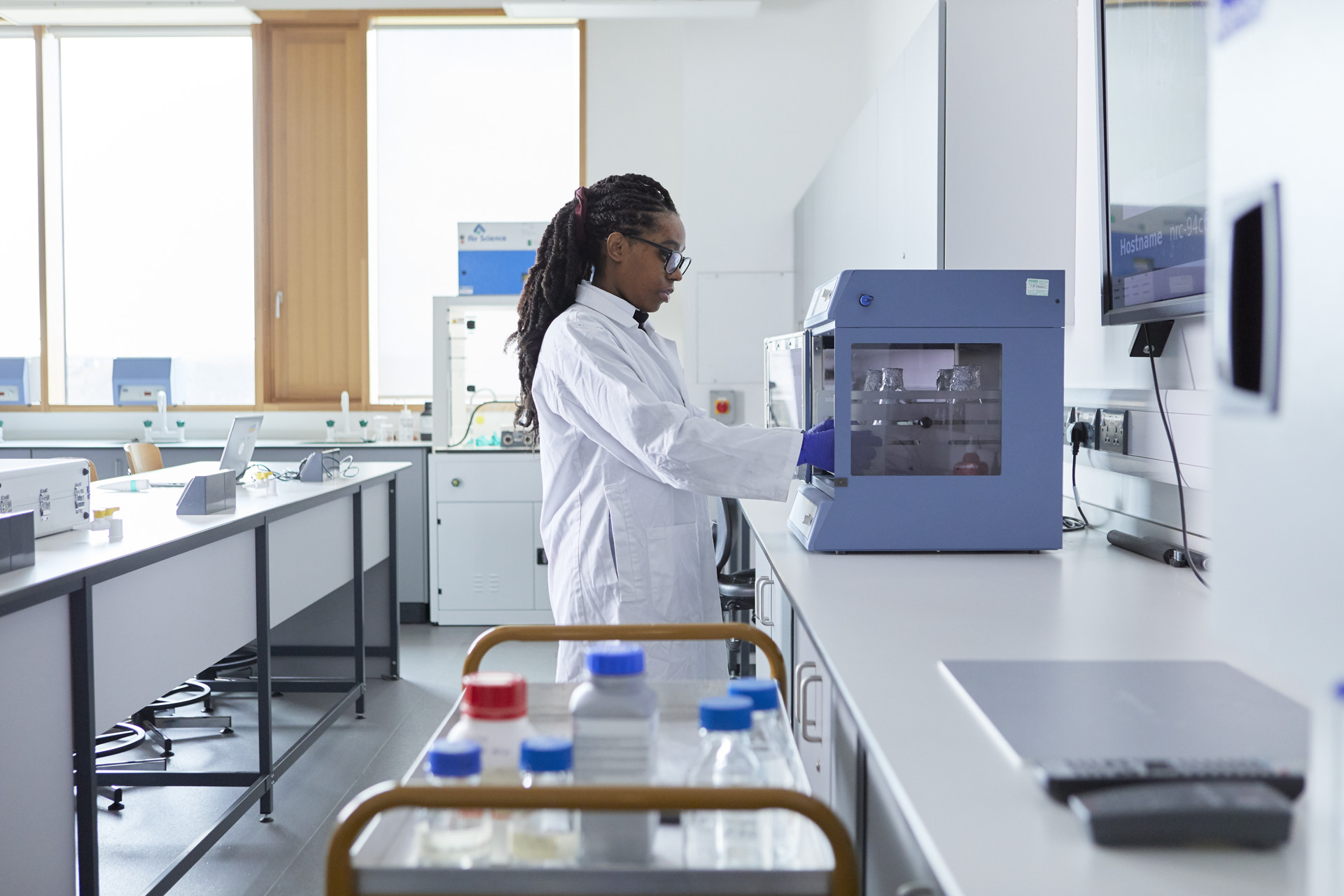
Student using the laboratory equipment in the science lab in the Creative Hub.
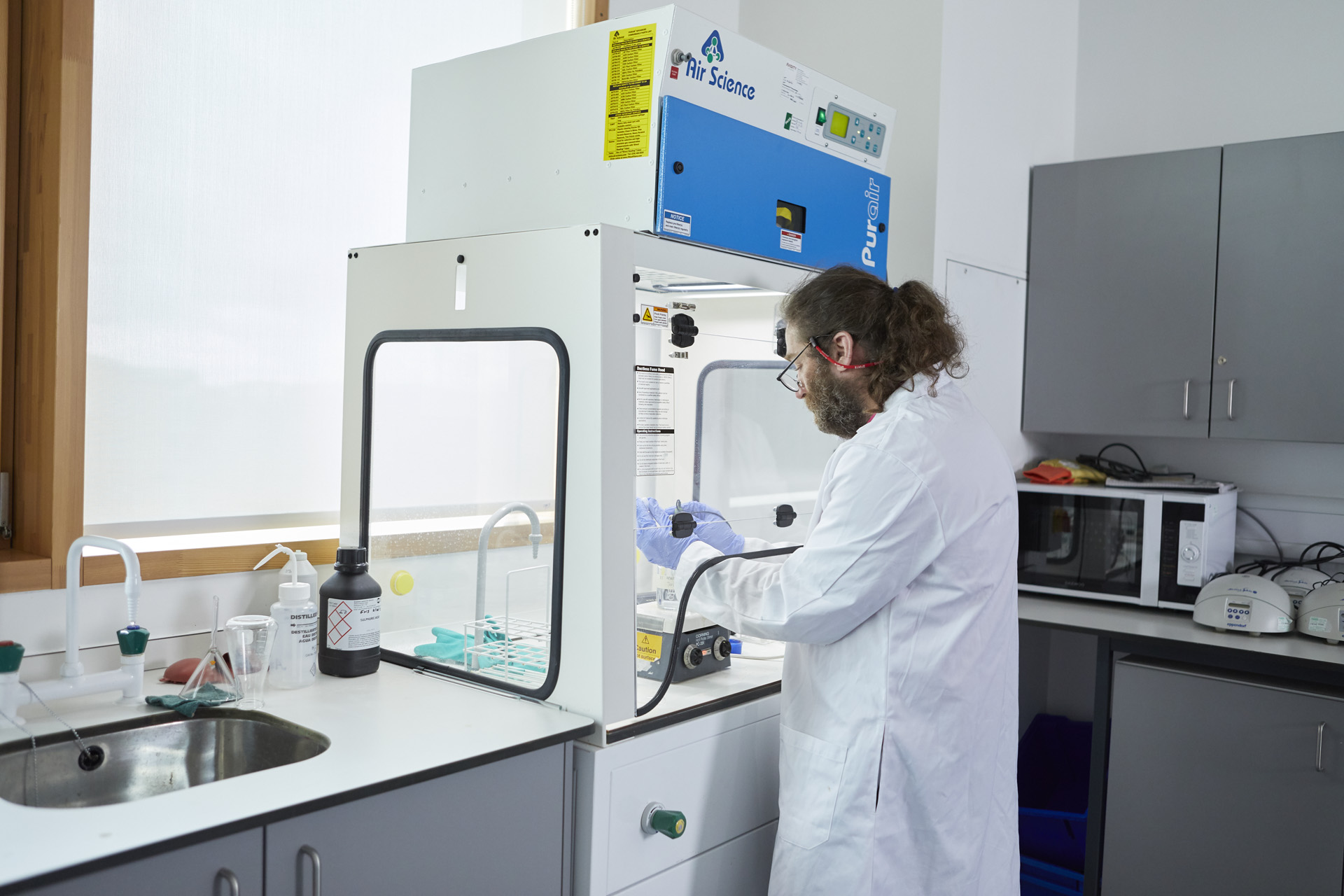
Student using a flame equipment in the science lab facilities at the Creative Hub.
Entry Requirements
Standard entry requirements apply for the Biomedical Science undergraduate degree. A typical offer would be:
- BCC at A Level or,
- DMM at BTEC or,
- Pass (C or above) at T Level
In addition, you are expected to have studied a science subject (preferably Biology or Human Biology) in an A Level at grade C or equivalent qualification.
For more information on how to make an application, please visit our How to Apply page.
For more information on how to apply as an International student, please visit our How to Apply page.
-
Admission to this foundation course is normally:
- DEE at A Level or,
- MPP at BTEC or,
- Pass (D or E) at T Level
However, we would also like to hear from you if you have professional or industry experience instead, a range of other qualifications or self-developed subject knowledge that relates to the course you wish to study.
-
English Language Requirements
All International and EU students applying for a course with us must meet the following minimum English language requirements:
- IELTS 6.0 (or equivalent) with a minimum of 5.5 in all bands
for study at undergraduate level
For information regarding English language requirements at the University, please see our IELTS page.
If you would like information on making an application, please see our How to Apply page.
- IELTS 6.0 (or equivalent) with a minimum of 5.5 in all bands
Student Story
"The most useful skill I acquired from my degree was getting used to the environment of a research group, which helped me to fit in and communicate with other academics." - Kamil -
Course Content
-
The University of Northampton’s Biomedical Science BSc degree is designed to equip you with a fundamental understanding of how science underpins the prevention, diagnosis and treatment of disease.
Biomedical science is at the forefront of our modern healthcare system working in partnership with medical practitioners and health care professionals, to perform many different roles in the NHS, as well as in academia and the biotechnology and pharmaceutical sectors.
As a biomedical science graduate, you are likely to be involved in the diagnosis of disease, supporting the work of clinical departments, and developing and evaluating the next generation of treatments that could improve patient outcomes. A biomedical science degree also provides the foundation for graduate entry programmes, including medicine, dentistry or the more recently established Physician Associate (PA) programme for clinical practice within the NHS.
Local links
The Bioscience department is located close to Northampton General Hospital and enjoys good links with the NHS and commercial partners providing opportunities for undergraduate and master’s students for collaborative research.
Linking human health and disease to underlying biology is the holy grail of biomedical science. Clearly, new developments in regenerative medicine, genome editing, molecular medicine and the 100,00 genomes project for example, are not only transforming our understanding of biology but also having an impact on society and in understanding complex disease, personality and physical traits.
Building knowledge
The Biomedical Science BSc course will closely follow these developments and build up knowledge of complex systems at the level of the individual cell, tissues and the whole organism through the core disciplines of basic medical sciences, including cell biology, physiology, anatomy, biochemistry, microbiology and pharmacology. Through levels 5 and 6 specialist modules in cancer biology, medical genetics and bioinformatics will be offered alongside generic courses on statistics and research methods. The final year of the undergraduate degree will offer an opportunity to undertake a laboratory based research project.
Please note the modules shown here relate to the academic year 24/25. The modules relating to the academic year 25/26 will be available from June 2025.
-
-
Biochemistry and Cell Biology (20 Credits)
Module code: SLS1013Status: CompulsoryThe purpose of this module is to give level 4 students an introduction to human biochemistry and cell biology. You will study the molecules and chemical processes that occur in living organisms, and explore the structure and function of cells, their components, and their interactions with the external environment.
-
Introduction to Microbiology (20 Credits)
Module code: SLS1019Status: CompulsoryThe purpose of this module is to provide an insight into how invading organisms can cause disease and relate human world health issues to populations. This module allows students to develop a broad understanding of infectious disease across the globe and the biology of the the causative agents, as well as examining intrinsic & extrinsic strategies to combat microbial pathogens.
-
Genetics and Molecular biology (20 Credits)
Module code: SLS1020Status: CompulsoryThe purpose of this module is to give you an introduction to genetics and molecular biology. You will learn about the fundamental mechanisms of DNA replication, transcription and translation. You will also explore how the tools of molecular biology, including cloning and PCR, allow the manipulation and understanding of genes and the proteins they encode.
-
Fundamentals of Immunology (20 Credits)
Module code: SLS1021Status: CompulsoryThe purpose of this module is to introduce the student to the basic concepts in immunology and to appreciate the clinical relevance. The syllabus will cover cell types associated with different types of immune responses including B and T lymphocytes and their various roles including antibody generation and fighting pathogens.
-
Anatomy and Physiology (20 Credits)
Module code: SLS1035Status: CompulsoryThe purpose of this module is to provide an appropriate level of understanding of the anatomy and to introduce the student to the basic principles and concepts of physiology. Enabling an understanding of different body systems and how they are integrated to produce homeostasis.The focus will be on human anatomy & physiology and will study the form and functions of the major body systems.
-
Biomedical Laboratory Practice (20 Credits)
Module code: SLS1039Status: CompulsoryThe purpose of this module is to equip students with a basic understanding of biomedical laboratory practice. We will explore laboratory, regulatory and ethical guidelines and introduce relevant concepts in biomedical science and laboratory procedures.
-
Biochemistry and Cell Biology (20 Credits)
-
-
Genes and Genomics (20 Credits)
Module code: SLS2001Status: CompulsoryThe sequencing of the human genome has enhanced our understanding of the genetic basis of disease and led to the emerging fields of both bioinformatics and genomics. This module will extend the students' appreciation of molecular biology learnt in SLS1020 while introducing students to both genomics and bioinformatics. The focus will be on applications of genomics to human disease, forensics and sports science.
-
Bioscience Research Methods (20 Credits)
Module code: SLS2013Status: CompulsoryThe purpose of this module is to develop knowledge and understanding of quantitative research methods, analysis and research skills within the context of human bioscience. The emphasis will be upon understanding and experiencing the entire research process from conception to presentation and developing the critical skills necessary to undertake an independent research project.
-
Processes of Life: Biochemistry (20 Credits)
Module code: SLS2016Status: CompulsoryThe purpose of this module is to give the student the opportunity to investigate the mechanisms underlying metabolic activities and physiological processes. By achieving the learning outcomes, this module aims to develop an understanding of biochemical regulation of the processes of life. Students will work toward securing the basic foundation needed to study all areas of biology, preparing them to undertake their independent research projects.
-
Infection & Immunity (20 Credits)
Module code: SLS2026Status: CompulsoryThe purpose of this module is ?to integrate basic concepts of immunology with clinically relevant processes. The host response to infection or injury will be explored focusing on specialised cell types and molecules and a variety of laboratory techniques and research approaches.
-
Cellular Pathology (20 Credits)
Module code: SLS2041Status: CompulsoryThe purpose of this module is to introduce the student to the highly dynamic area of pathology exploring mechanisms of disease in cells (cytopathology) and tissues (histopathology). Students will develop a clear understanding of how disease, such as cancer, inflammation, etc., is diagnosed using changes observed and information at the tissue, cellular and molecular level. Current and novel strategies for diagnosing disease will also be explored.
-
Clinical Immunology and Haematology (20 Credits)
Module code: SLS2068Status: CompulsoryThis module aims to examine the principles of blood diseases and immunopathological conditions within the body. This develops students understanding of the interconnected nature of haematology and clinical immunology to enhance their competence in the various approaches to clinical cases, and investigative techniques.
-
Genes and Genomics (20 Credits)
-
-
Integrated Medical Genetics (20 Credits)
Module code: SLS3002Status: CompulsoryThe purpose of this module is to build on the understanding of material learnt in SLS2001. This will enable students to develop a deeper understanding of how genes behave both at the level of the individual and in populations. There will be an emphasis on linkage, association, and interaction of genes with other genes and the environment, and a discussion of how these factors influence complex traits and diseases.
-
Clinical Biochemistry (20 Credits)
Module code: SLS3014Status: CompulsoryThe purpose of this module is to explore the ways in which the analysis of body fluids and tissues are critical to patient care and contribute significantly towards the diagnosis, treatment, monitoring and prognosis to most disease processes. A wide range of laboratory-based tests with relevance to clinical conditions will be covered.
-
Medical Microbiology (20 Credits)
Module code: SLS3026Status: CompulsoryThe purpose of this module is to actively engage in current research on pathogens and understand the mechanisms used by pathogens to cause disease and impact on human health. The module will also focus on the challenges posed by infections with antimicrobial resistant microorganisms.
-
Haematology and Transfusion Science (20 Credits)
Module code: SLS3027Status: CompulsoryThe purpose of this module is to provide students with the ability to explain diseases of the blood by interpreting data or information obtained from blood analysis. Students will explore key issues in transfusion science and investigate the causes and consequences of anaemias, haemoglobinopathies and thalassaemias, haematological malignancy as well as haemostasis and thrombosis.
-
Biomedical Science Research Project (40 Credits)
Module code: SLS4010Status: CompulsoryThe purpose of this compulsory module is to engage students with basic and/or translational biomedical research. Students will typically undertake a lab based project, a bioinformatics project, or a systematic literature review.
-
Integrated Medical Genetics (20 Credits)
-
-
The BSc Biomedical Science programme has been accredited by the The Royal Society of Biology following an independent and rigorous assessment. Accredited degree programmes contain a solid academic foundation in biological knowledge and key skills, and prepare graduates to address the needs of employers.
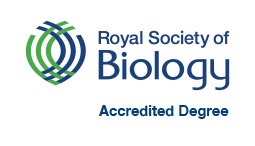
The Royal Society of Biology is the leading professional body for the biological sciences in the United Kingdom. The Society represents over 18,000 biologists from all areas of the life sciences, as well as over 100 organisations which make up the diverse landscape of biology in the UK and overseas.
Biomedical Science graduates from Accredited programmes will receive one year of free membership of the Royal Society of Biology at Associate level. This will open up networks at a crucial time when applying for jobs.
Our IBMS Accredited degree meets the high standards of teaching, facilities and course content expected by the IBMS, the leading professional body for Biomedical Scientists. An IBMS accredited degree is an important prerequisite for meeting the academic standards required for statutory HCPC registration to practice as a fully-fledged Biomedical Scientist in the Pathology discipline of your choice.
-
At the University of Northampton, everything we do, from funded trips to paid internships, is to give you everything you need to make a difference when you leave.
If you join our full time Biomedical Science degree at the University of Northampton, you will receive a laptop when your course begins*. The laptops are built to a bespoke custom specification ideal for use in the seminar room, collaborative group work or studying at home.
Whatever your ambitions, we’re here to help you to achieve them. We’ll support you to identify the skills you’re learning during your course, find your strengths and secure practical experience so that when it comes to applying for jobs or further study you’ll feel confident in standing out from the crowd. We’ve created the Northampton Employment Promise because we are so confident that if you focus on your studies and complete one of our awards you’ll be highly employable by the time you graduate. Putting you in a great position to secure employment or continue your studies.
To check out the full list of perks, visit our Student Perks page or dedicated International Perks page.
*UK fee payers only (see Terms and Conditions for further details).
-
The Integrated Foundation Year (IFY) offers a new and exciting route into studying for a degree in Biomedical Science, attracting ambitious and driven students who are willing to learn and advance.
If you have non-standard qualifications or do not quite meet the admissions requirements we can offer you a fantastic opportunity to study a four year programme which includes an Integrated Foundation Year. The Integrated Foundation Year will help you develop the theoretical/practical and academic skills you need, in order to successfully progress to the full award.
Our four-year courses will enable you to successfully follow the degree pathway of your choice while gaining essential study skills. The foundation year of your chosen degree will be studied on a full-time basis and is aimed at supporting the transition to higher education. Years two, three and four are then studied as a standard degree programme.
-
How will I be taught on the Biomedical Science BSc (Hons) degree?
Teaching and learning will involve lectures, small group tutorials, e-learning, independent study and a final year research project. Teaching will be research led, involving research active staff with subject specific expertise who will also act as academic advisors and provide additional pastoral support. Current areas of research include infectious diseases, muscular dystrophy, sepsis, cancer biology, bioinformatics and genetic diseases.
Our purpose-built £330 million brand new campus completed in September 2018 alongside the Teaching Excellent Framework (TEF) gold award will enable us to deliver innovative teaching using state of the art facilities, including new molecular biology laboratories with facilities for tissue culture, DNA extraction, PCR and other modern lab techniques.
Biomedical students will be provided with a lab coat and core textbooks will be available in the library.
Is there an opportunity to go on a work placement?
Yes, an optional full year placement module is available for undergraduate students who have successfully completed their stage 1 and 2 studies. This will give you the opportunity to individually source and gain a year‘s extra work-based learning experience in a science related placement, spent either in the UK or abroad.

Fees and Funding
2024/25 Tuition Fees
Fees quoted relate to study in the Academic Year 24/25 only and may be subject to inflationary increases in future years.
- UK – Full Time: £9,250
- UK – Part Time: £1,540 per 20 credit module
- UK – Integrated Foundation Year: £9,250
- International – Full Time: £15,200
- International – Integrated Foundation Year: £15,200
For information on the scholarships available to you, please see our scholarships page.
For more information about possible funding options, please visit our Fees and Funding pages.
-
There are no additional costs for our Biomedical Science course for undergraduate students beginning their studies in September 2024. Should this change, applicants and students will be contacted by the university with details of the costs.
-
- UK – Full Time: £9,250
- UK – Part Time: £1,540 per 20 credit module
- UK – Integrated Foundation Year: £9,250
- International – Full Time: £14,750
- International – Integrated Foundation Year: £14,750
Staff
Careers and Employability
A biomedical science degree provides the foundation for a wide range of career choices. Our newly established degree programme places a strong emphasis on current and future developments in biomedical science and will develop students’ research skills, transferrable skills and laboratory skills to prepare them for the broadest possible range of careers, including scientific journalism, master’s research, or working in the NHS. It will also provide the foundation for graduate entry programmes in medicine or dentistry or working in the pharmaceutical or biotechnology industry.
Related Courses

Biological Sciences BSc (Hons)
Biological Sciences BSc (Hons) develops your scientific skills and knowledge to understand the interaction between biological...
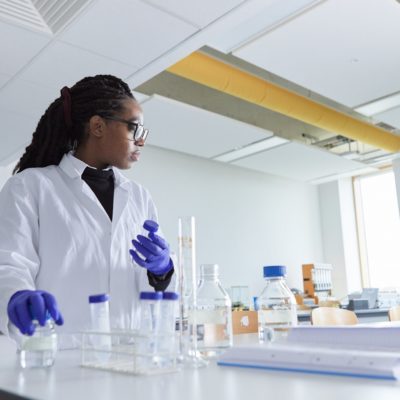
Biochemistry BSc (Hons)
Biochemistry BSc (Hons) underpins the very nature of our existence and acquiring skills and knowledge of...
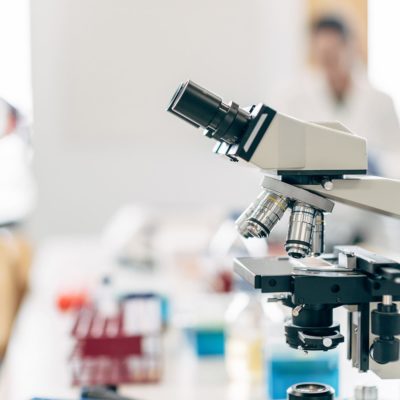
Pharmacology BSc (Hons)
On Pharmacology BSc (Hons) you will learn how drugs are made into medicines. How drugs and...
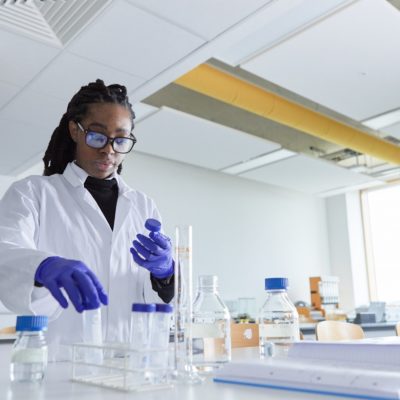
Molecular Medicine MSc
Our Molecular Medicine masters enables you to focus on molecular medicine, genetics and genomics.





